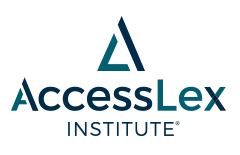
Bar Examinations and Bar Passage
Thinking Out of the Bar Exam Box: A Proposal to "MacCrate" Entry to the Profession
Document Type
Law Review Article
Publication Date
3-2003
Keywords
bar exam design, minimum competence, non-exam licensing methods
Abstract
Although the written bar examination is of relatively recent vintage, for those of us who practice law or work in legal education, it seems always to have been there. I have encountered the bar exam personally as a student, litigator, law teacher, trial and appellate judge, and most recently as a law school dean. I have also reflected on the bar exam as a member of various bar association committees on legal education. Throughout these experiences, my opinion, like that of many other participant observers, is that the examination is both misguided in terms of what it purports to do, and pernicious in its effects. Yet despite the fact that lawyers are, above all, problem solvers, little has been done about the bar exam as a problem besides studies, hand wringing and modest tinkering. However, the problem has not gone unnoticed. In the last several years, the Society of American Law Teachers (SALT) has undertaken a re-examination of the bar exam, holding a national conference, issuing a statement, and fostering several law review articles. The Carnegie Foundation has begun a multi-year set of studies on professional education which, in the initial volume on legal education, examines and proposes changes in the bar examination.
Much of the energy which could be employed to continue and expand this initiative has, however, been deflected into a defensive posture, in the face of a campaign to raise passing bar scores and thus lower the percentage of applicants who pass...The movement to raise bar passage scores is linked...to the current national obsession with "standards." This obsession is unjustified in the context of licensing lawyers and, along with other disadvantaging factors, may create an even greater and unjustified barrier to entry into the profession for non-majority students than does the present bar exam. This additional danger underscores the need to think "out of the box" with regard to the bar exam.
I have, for some time, been thinking in this more expansive way about the bar examination and the role it plays-or doesn't play-in legal education and admission to the profession. I have slowly developed, "with a [lot of] help from my friends," a plan for modest, but potentially real change. My proposal is for a new, experience and performance-based bar examination which, because it would be conducted in a public service setting, I have called the Public Service Alternative Bar Examination (PSABE). The PSABE is intended to avoid many of the problems connected with the existing bar exam and, although not intended to entirely supplant that test (hence, the "Alternative"), to better evaluate and certify law graduates' minimum competence to practice law unsupervised.




